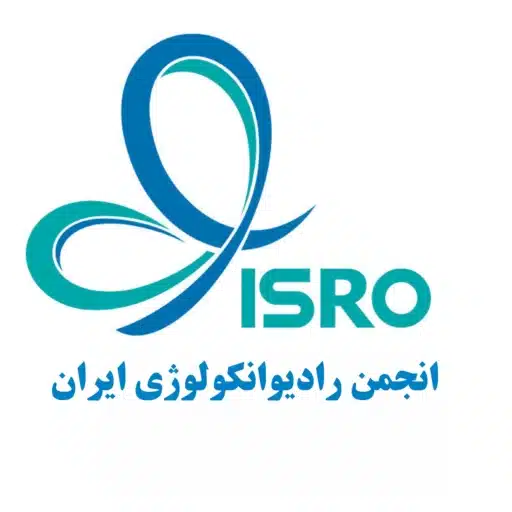Evaluation of Serum CXCL10 Level as a Prognostic Marker in Colorectal Cancer
Patients: A Retrospective Cohort Study
Background: One of the current challenges in cancer management is finding diagnostic and prognostic markers for various cancers. CXCL10 is a small protein that is defined as an ‘inflammatory’ chemokine and binds to CXCR3 to mediate immune responses through the activation and recruitment of leukocytes such as T cells, eosinophils, monocytes and natural killer cells. It facilitates the immune system antitumor activity, and causes tumor regression through induction of angiostasis and cellular apoptosis. Most previous studies have reported the anti-tumor activity of CXCR10, while studies on its role in colorectal cancer are limited.
Objectives: Thepresentstudyaimedtoevaluatethecorrelationof serumCXCL10levelwiththeprognosisof patientswithcolorectal cancer.
Methods: This retrospective cohort study was performed on 69 patients with a histopathological diagnosis of colorectal cancer in the oncology ward of Razavi Hospital, Mashhad, Iran, between July 2018 and September 2019. The relationship between the serum CXCL10 concentration and colorectal cancer prognosis was investigated.
Results: The results of Cox regression analysis indicated a significant relationship between the patients’ mortality and metastasis rate and a high concentration of CXCL10 (P = 0.018 and P = 0.045, respectively); however, a high concentration of CXCL10 was not significantly correlated with the recurrence rate (P = 0.81) during the four-year follow-up.
Conclusions: The level of CXCL10 was significantly associated with incidence of mortality and metastasis in colorectal cancer patients during a four-year follow-up.


